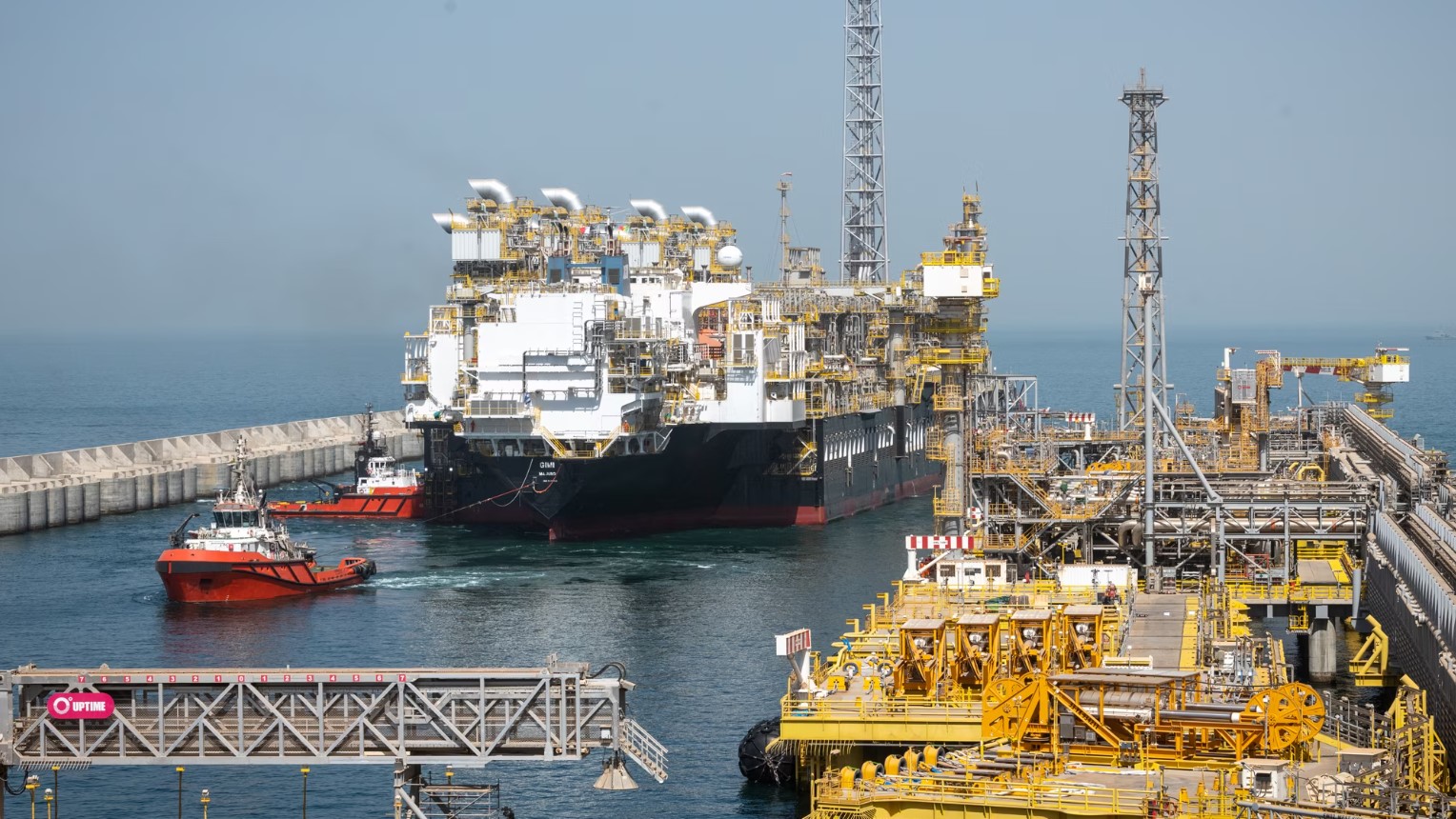This story requires a subscription
This includes a single user license.
Asked about the timing of first gas and LNG cargoes from Tortue during BP’s second quarter results call on Wednesday, Auchincloss said that BP continues to make “good progress” on the project.
He noted that the project’s floating production, storage, and offloading (FPSO) unit has arrived at the GTA project off the coasts of Mauritania and Senegal.
Prior to the FPSO, BP said in February that Golar LNG’s FLNG Gimi, which was converted from a 1975-built Moss LNG carrier with a storage capacity of 125,000 cbm, has arrived at the GTA hub.
The FLNG unit is at the heart of the GTA Phase 1 development, operated by BP with partners, Kosmos, PETROSEN, and SMH.
Auchincloss said that BP and its partners are now “hooking together all the equipment, and we’ll have to start to flow gas relatively soon.”
“We obviously need to leak test, make sure everything is okay.. And once we’ve got the leak testing done, then you’ll move into starting the refrigeration units inside the FLNG, and then you can start to build up cargoes,” he said.
“We would look to introduce first gas into the system to start all the pressure testing, etc., over the next three or four months, I think, would be a comfortable place to say,” Auchincloss said.
“So that’s what we can say on Tortue. I’ll just say to the teams in the field who are listening, stay safe guys, no matter what safety is all we care about,” he said.
First LNG by end of this year?
BP ‘s partner Kosmos said in May that “hookup and commissioning of the FPSO remain on the critical path to first gas, expected in the third quarter of 2024 with first LNG expected in the fourth quarter of 2024.”
Prior to that the project was delayed due to the subsea scope.
With eight processing and production modules, the FPSO will process around 500 million standard cubic feet of gas per day.
The gas supplies will then be transported by pipeline to the FLNG unit at the GTA hub where it will be cryogenically cooled in the vessel’s four liquefaction trains and stored before transfer to LNG carriers.
The project is set to produce around 2.3 million tonnes of LNG per year.
It is expected to produce LNG for more than 20 years, enabling Mauritania and Senegal to become a global LNG hub, BP previously said.

